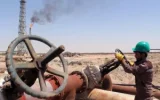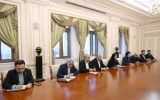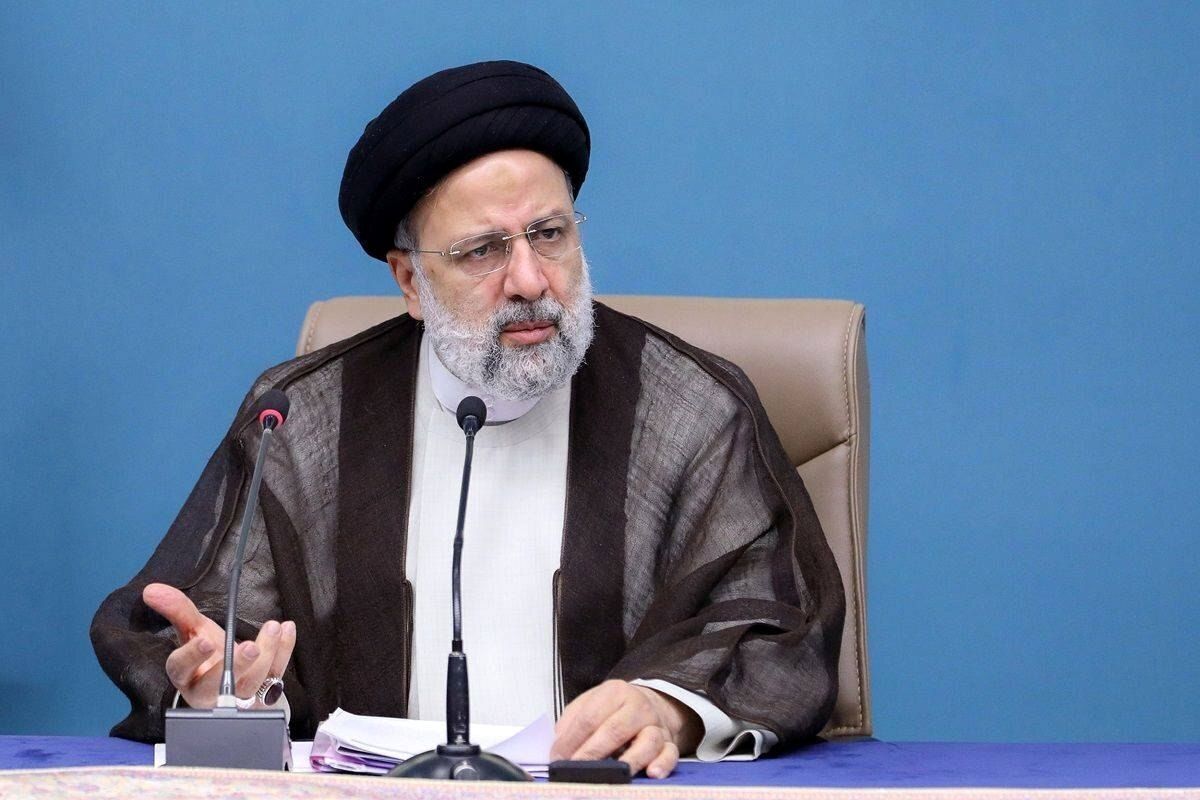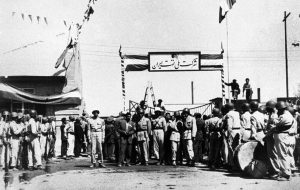
National Iranian Oil Company; How was Iran’s largest energy player formed?
Its name is tied to "oil," but its role goes beyond a production company; an institution that emerged from a historic decision and became the beating heart of Iran's energy. Today, the National Iranian Oil Company is not only a major player in the oil and gas industry, but also one of the pillars of the economy and national authority.
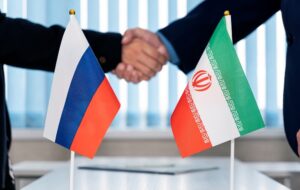
New cooperation map between Tehran and Moscow: Gas contract, joint field, and nuclear power
The meeting between the Iranian Oil Minister and the Russian Energy Minister during the 19th Joint Commission for Iran-Russia Economic Cooperation was accompanied by three important developments in the energy sector; the finalization of the framework for importing Russian gas, an agreement to develop a joint field, and the start of construction of equipment for new phases of the nuclear power plant are a set of new signals for the future of the country's energy balance.
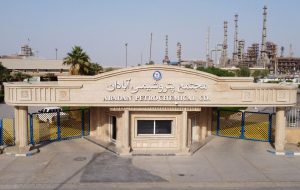
Abadan Petrochemical Company: A 50-year legacy that went bankrupt
Abadan Petrochemical, as the first petrochemical complex in Iran, is facing a paradox between “oldness” and “efficiency” today, on the eve of its sixth decade of operation. This company, which was once a symbol of Iran’s industrial modernity, is now struggling with structural challenges in the production chain and a food supply crisis, despite its 14 percent share in the country’s PVC supply; a situation that has tied the survival of this strategic unit to ownership reform and infrastructure modernization.
آخرین اخبار

Acceleration in the implementation of refining industry quality improvement projects / Latest status of three national priority projects

One million liters of smuggled fuel discovered in Tehran and Rey

Total domestic and commercial gas consumption exceeded 3.7 billion cubic meters in a week

South Pars Second Refinery’s online monitoring system upgraded to advanced generation 3500

Oil Minister: Targeted research is a condition for maintaining Iran’s position in the global oil industry

Formation of a committee to develop organizational culture and promote professional ethics in the oil industry
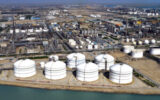
Getting to know Iran’s petrochemical holdings; this part of the Persian Gulf

Oil Minister: We are fully prepared for a sustainable supply of winter fuel

Holding the first conference on administrative system health in the oil industry



